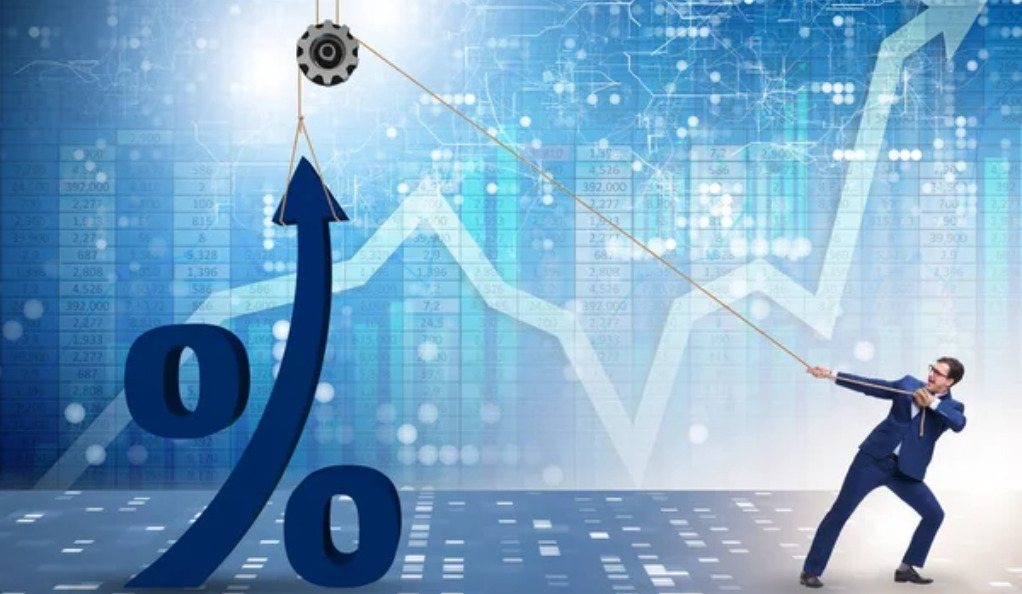Interest rates play a crucial role in the overall health and performance of the stock market. When interest rates rise, it has a significant impact on various aspects of the economy, including the stock market. Investors closely monitor interest rate movements as they influence the cost of borrowing, corporate earnings, and the attractiveness of different investment options. In this article, we will delve into the link between interest rates and stock market performance, and analyze the effects of increasing interest rates on stock prices.

Understanding the Link between Interest Rates and Stock Market Performance
The relationship between interest rates and stock market performance is complex. Generally, when interest rates rise, it becomes more expensive for companies to borrow money. This leads to higher borrowing costs and can negatively impact corporate profitability, which in turn affects stock prices. Additionally, higher interest rates can make fixed-income investments, such as bonds, more attractive compared to stocks. This can cause investors to shift their investments away from stocks, putting downward pressure on stock prices.
Furthermore, rising interest rates can also have an impact on consumer spending and economic growth. As borrowing costs increase, consumers may reduce their spending, causing a slowdown in economic activity. This can negatively impact companies’ revenue and profitability, further influencing stock prices. Additionally, rising interest rates may also affect investor sentiment and confidence, potentially leading to a more cautious approach in the stock market.
Analyzing the Effects of Increasing Interest Rates on Stock Prices
When interest rates rise, stock prices tend to experience increased volatility. Initially, stock prices may decline as investors react to the higher borrowing costs and potential slowdown in the economy. However, over the long term, the impact of rising interest rates on stock prices is not uniform and can vary depending on various factors.
Higher interest rates may be viewed positively by investors in certain industries. For example, financial institutions often benefit from higher interest rates as they can charge more for loans and other financial services. Conversely, industries that heavily rely on borrowing, such as real estate or consumer discretionary sectors, may face challenges due to increased costs and reduced demand.
In conclusion, rising interest rates can significantly impact the performance of the stock market. The relationship between interest rates and stock prices is complex, with various factors influencing the overall outcome. Understanding this link and analyzing the effects of increasing interest rates on stock prices is crucial for investors in making informed decisions. By closely monitoring interest rate movements and considering the implications on different sectors, investors can position themselves to navigate the changing market dynamics and potentially capitalize on opportunities that arise.
As interest rates continue to fluctuate, it is essential for investors to stay informed about the potential impact on the stock market. By understanding the link between interest rates and stock market performance, investors can make better-informed decisions regarding their investment strategies. While rising interest rates can bring challenges, they can also present opportunities for specific sectors. By analyzing the effects of increasing interest rates on stock prices, investors can adapt their portfolios and position themselves to navigate the changing market conditions successfully.
Ainu Token aims to offer impartial and trustworthy information on cryptocurrency, finance, trading, and shares. However, we don't provide financial advice and recommend users to conduct their own studies and thorough checks.



Comments (No)